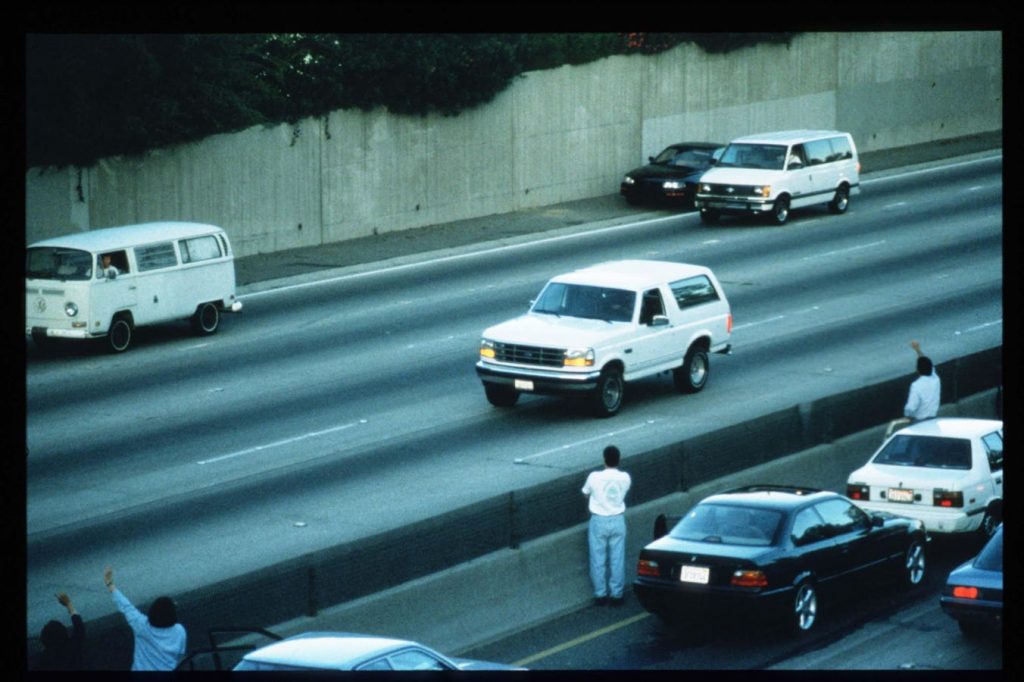The death of O.J. Simpson at the age of 76 has brought back memories of a time when the former football star was at the center of one of the most high-profile trials in history. Simpson, known for his career as a Hall of Fame running back in the NFL, as well as his work as a sportscaster, actor, and pitchman, became infamous when he was charged with the murder of his ex-wife Nicole Brown Simpson and Ron Goldman. The trial, which was a television event from start to finish, captivated viewers across the country as Simpson led police on a slow-speed car chase across California freeways.
The three major broadcast networks interrupted their regular programming to cover the live car chase, with an estimated 95 million people tuning in to witness the event. The subsequent trial, which began in 1995, featured a star-studded cast of lawyers and witnesses, including Robert Kardashian, Johnny Cochrane, and house guest Brian (Kato) Kaetlin. The trial became a cultural phenomenon, with many participants becoming household names and later capitalizing on their newfound fame through books, news analysis, and podcasts.
The live coverage of the trial resulted in a spike in ratings for cable networks like CNN and Court TV, with both networks seeing a significant increase in viewership during the trial. The success of the coverage during the trial helped to shape the future of cable news, leading to the launch of new networks like Fox News and MSNBC. The trial also had a lasting impact on the media landscape, popularizing genres like true crime and reality television, which continue to be popular today.
In the years following the trial, the story of O.J. Simpson has been the subject of numerous television projects, including the critically acclaimed miniseries “People vs. O.J. Simpson: An American Crime Story” and documentaries like ESPN’s “O.J. Simpson: Made in America.” These projects have helped to keep the story of the trial alive in the public consciousness and have shed new light on the racial tensions and social issues that were present during the trial.
As the media landscape continues to evolve, it is unlikely that there will ever be another collective media event like the O.J. Simpson trial. With the rise of streaming services, social media, and mobile technology, audiences are more fragmented than ever before, making it difficult for a single event to capture the attention of the entire country in the way that the Simpson trial did. However, the legacy of the trial lives on in the continued popularity of true crime programming and the ongoing fascination with one of the most infamous trials in American history.


